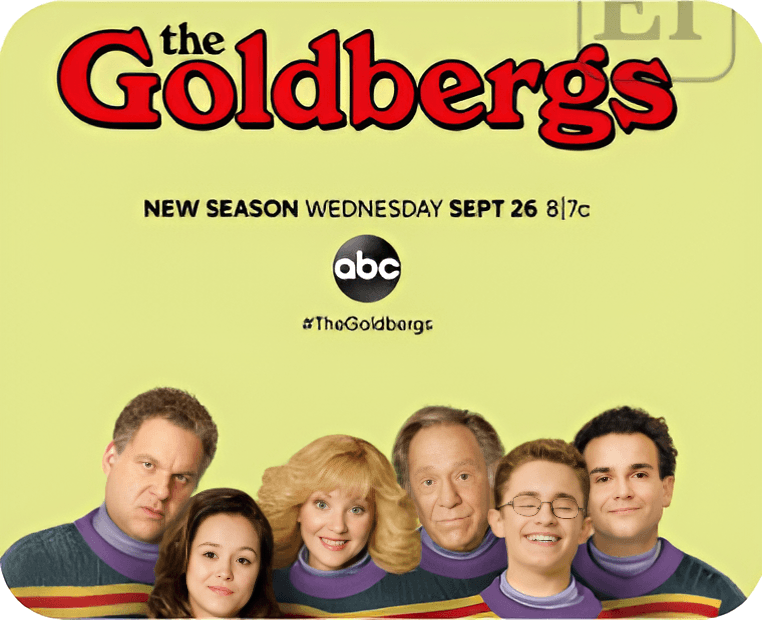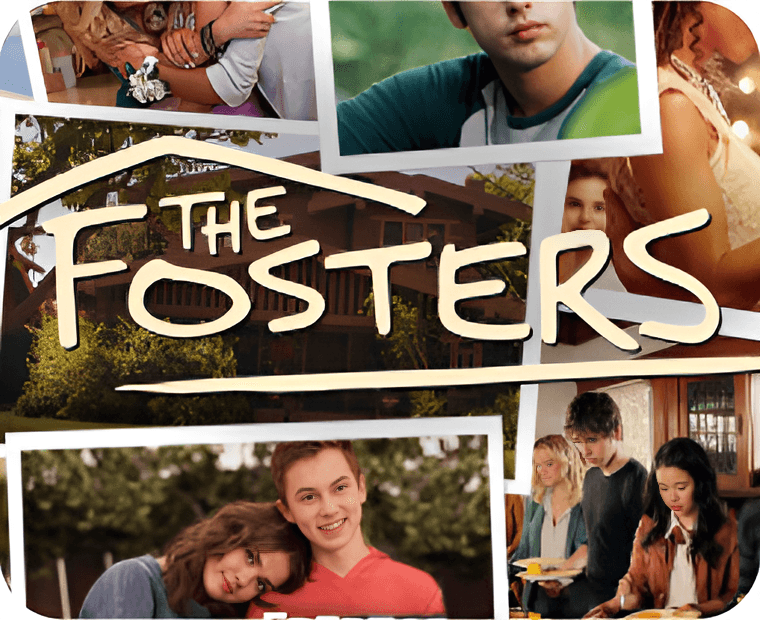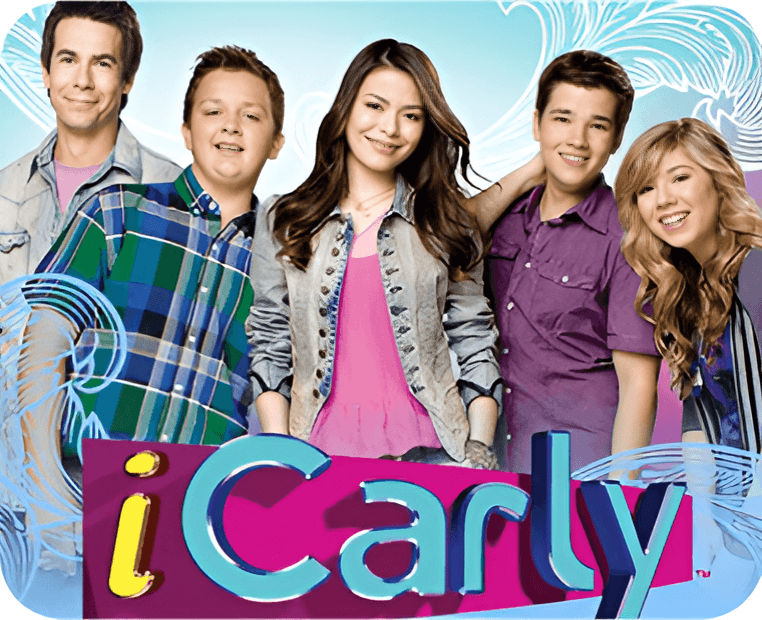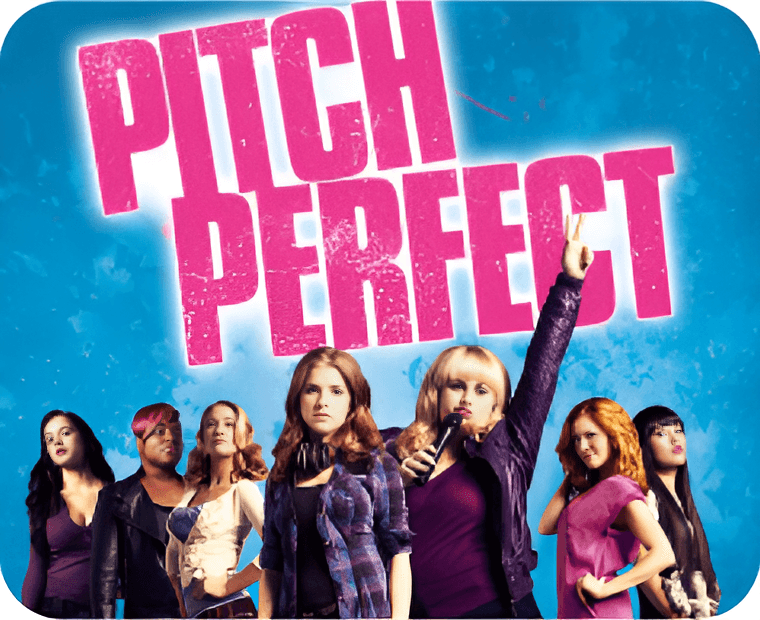Casting Calls in Green Bay Wisconsin
Producers or casting directors use casting calls to announce acting jobs. These calls are for roles in movies, television shows, theatre productions, and even commercials. Details about these opportunities are published daily in breakdowns, which are industry resources. Casting calls can be open to everyone, or restricted depending on the significance of the role. Open calls are more frequent for community theatre productions and non-union films.
In pre-production, the casting process plays a crucial role. It's where the casting director, alongside the producer, director, and possibly the choreographer, assembles the cast for a project. If your agent or manager believes you'd be a good fit for a role, they'll take your headshot and resume and submit them to the production's casting department. Should the casting director then determine that your look and experience align with their vision for the character, they'll contact your agent to schedule an audition.
The casting call process unfolds in stages. First, actors come prepared with a monologue, a speech delivered to another character that showcases their ability to embody the auditioned role.
Alternatively, actors might be asked to perform "sides," a snippet of the script itself, alongside the casting director. Here, the focus is on evoking the emotions required for the specific scene.
For stage auditions, showcasing singing ability might also be necessary. As with the monologue, the chosen song should highlight the actor's potential to bring the character to life.
The journey begins in Green Bay, Wisconsin, with an actor's first chance to impress. Acing this initial audition could lead to a coveted callback, essentially round two. Here, the actor will revisit the same prepared piece, but this time with a twist. The casting director or director might offer guidance, subtly testing the actor's ability to adapt and incorporate feedback. This isn't just about the initial performance; it's about seeing if the actor can thrive in a collaborative environment. After all, a stellar first showing suggests potential, but a callback is their chance to showcase their on-set adaptability, a crucial skill for any role.
In the world of commercials and print ads, the casting process starts with individual auditions. A casting director brings each actor into a room for either photos taken with a Polaroid camera or a video recording. These recordings are then compiled on a website for the clients to review. The clients have flexibility in their decision-making, potentially choosing the perfect fit the same day, the following day, or even just a few days before filming starts. Compared to other casting types, commercial and print ads have the most frequent calls for actors.
When attending a casting call, prioritize thorough preparation — it's the key to success.
Even if the specific role isn't a perfect fit, a positive impression on the casting director can open doors for future opportunities.
Investing in acting classes or private coaching can significantly improve your casting call performance, bringing you closer to landing those coveted movie or stage roles.
Mastering the art of the casting call is a powerful tool to transform your acting aspirations into a thriving career.










